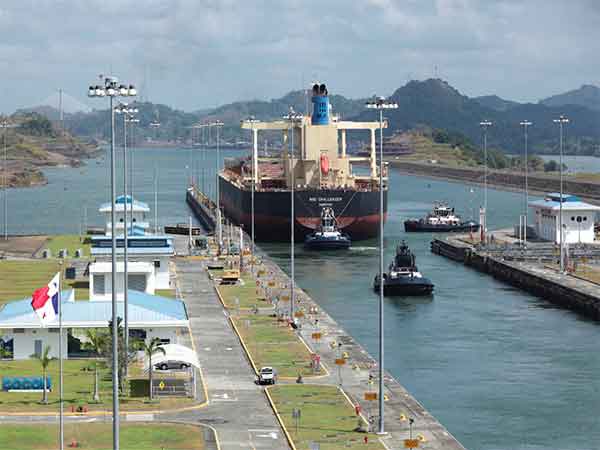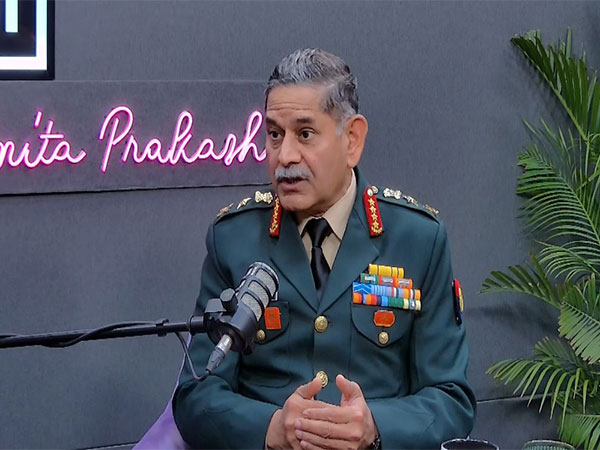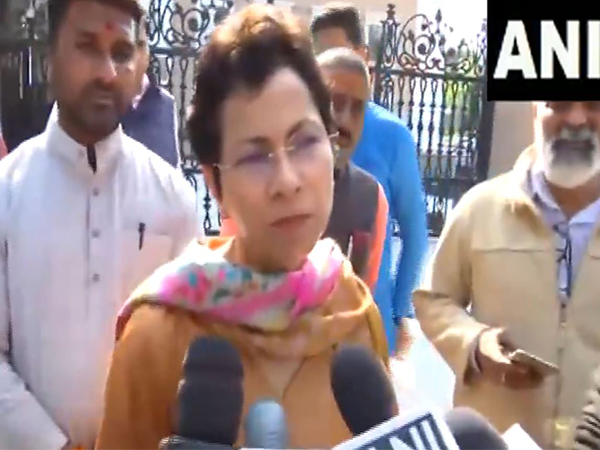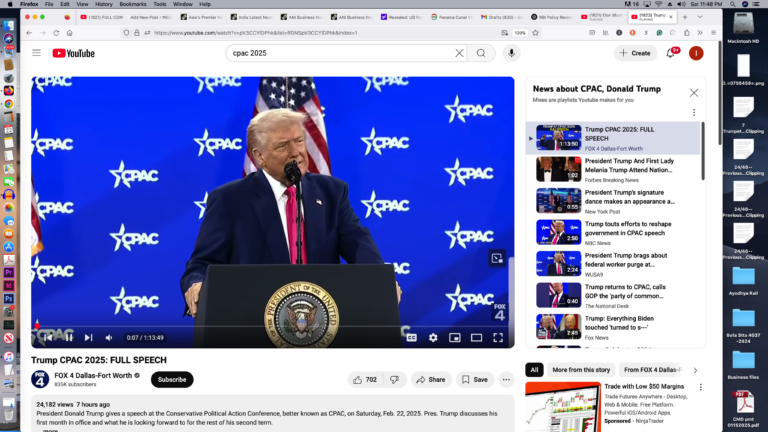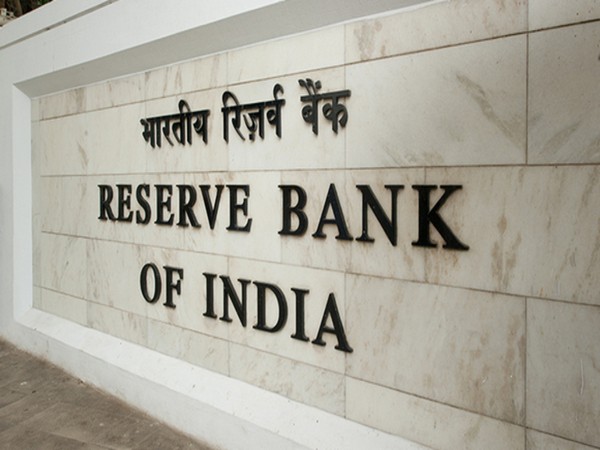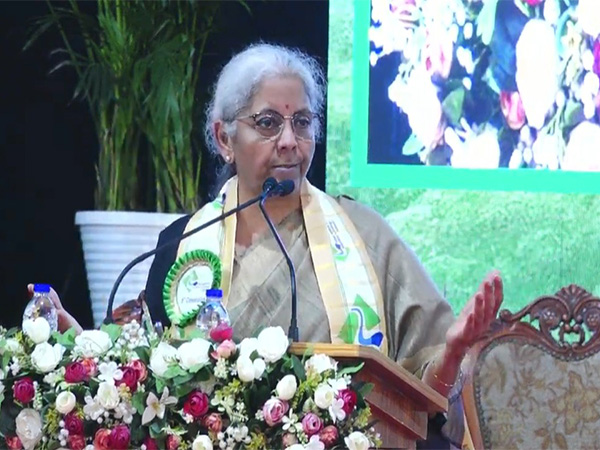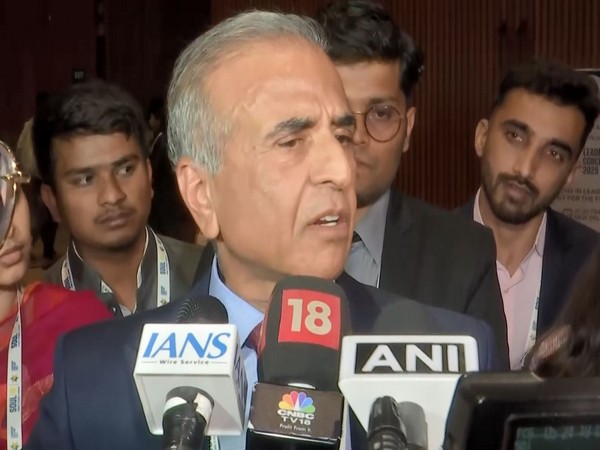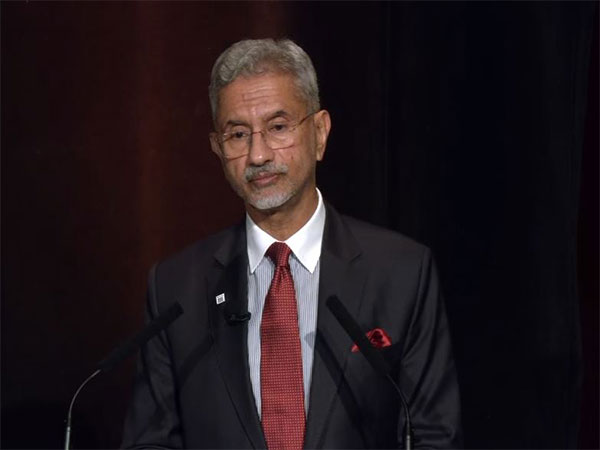
New York [US], September 25 (ANI): External Affairs Minister S Jaishankar enunciated that in a “multipolar” world where change has been stretching the fabric of the global order, the key to the future of Asia as well as the world lies in the relationship between India and China.
During his opening address at the Asia Society at the Asia Society Policy Institute in New York on Tuesday, Jaishankar said Asia is at the “cutting edge of change” and that India is the part leading that change.
“Asia is very much at the cutting edge of that change. Within Asia, India is part of leading that change. But that change is today stretching the fabric of the global order…I think the India–China relationship is key to the future of Asia. In a way, you can say if the world is to be multipolar, Asia has to be multipolar. And therefore, this relationship will influence not just the future of Asia but, in that way, perhaps the future of the world as well,” he said.
He further said that India has to prepare to rise amid volatility and unpredictability.
“India which is rising, has to prepare to rise amidst volatility and unpredictability. Typically, when countries rise, when big powers rise, they hope for congenial circumstances,” he added
In his address, Jaishankar picked three words to describe the changing world.
He said that to describe the world, the word “rebalancing” was an obvious choice and said that Asia played a key role in that process.
“Now when I speak about rebalancing, I think Asia has been very much key to that rebalancing when we talk. If one looks, for example, at the last top 20 economies of the world, there are many more Asian economies in that than there were a few decades ago. And even if one looks among the 20, the Asian ones have really risen much more strongly and impactfully. And among them, is India, which was a decade ago the 10th largest economy in the world, currently the 5th, likely to be the third by the end of the decade,” he stated.
Jaishankar said that the other word was “multipolar,” as it was the consequence of the rebalancing as it overlaps and convergences the international politics impacting the global architecture that was there during the initial years of the United Nations.
“The word that would occur to me when I again tried to describe the world would be multipolar and this is a consequence of rebalancing in the sense that there are many more independent centres of decision-making in the world and what it does is it really shifts international politics more in the direction of finding convergences and overlaps, and that actually has an impact on the global architecture that from what was in the initial years of the UN, a very much more bipolar world briefly went into unipolarity,” he explained.
The third word that Jaishanakar used to describe the world was plurilateralism. He said it was an ugly word, but it describes a world beyond the bilateral relations.
“A third word that would occur to me is plurilateralism. It’s a very ugly word, but it in a sense describes a world beyond bilateral relations, but in short, a multilateral one where countries form combinations based on these convergences and overlaps that I’ve talked about,” he said.
“I think this is the latest step in the growth of that platform now rebalancing multipolar plurilateralism,” he added. (ANI)
‘When I said 75 pc dispute sorted out, it’s only of disengagement’: EAM Jaishankar on India-China border standoff
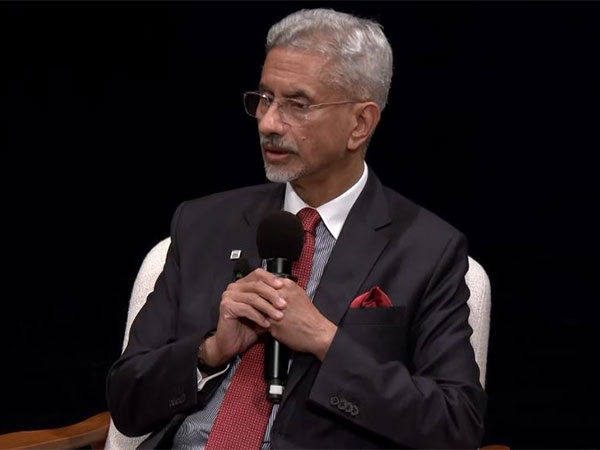
New York [US], September 25 (ANI): Acknowledging India’s “difficult history” with China, External Affairs Minister S Jaishankar, said that when he said that 75 per cent of the border dispute between the two countries have been sorted, he is only talking about the ‘disengagement‘ part, while adding that challenge persists in other aspects.
While addressing the Asia Society at the Asia Society Policy Institute on Tuesday (local time), the Foreign Minister highlighted how China violated the previous agreements during Covid pandemic, by increasing the troop deployment at the border, eventually resulting in clashes resulting in casualties on both sides.
This incident, according to Jaishankar, has overshadowed the bilateral relationship.
“We have a difficult history with China…Despite the explicit agreements we had with China, we saw in the middle of COVID that the Chinese moved a large number of forces in violation of these agreements to the line of actual control (LAC). It was likely a mishap would happen, and it did. So, there was a clash, and a number of troops died on either side. That, in a sense, overshadowed the relationship,” Jaishankar said.
“When I said 75 per cent of it has been sorted out, it’s only of the disengagement. So, that’s one part of the problem, he added.
While he acknowledged that much of the disengagement at friction points has been managed, he emphasised that challenges persist, particularly concerning patrolling rights along the border. Jaishankar stressed the importance of ‘de-escalation’ as the next step in improving relations with China.
“So we’ve been able to sort out much of the disengagement in the friction points, but some of the patrolling issues need to be resolved…The next step will be de-escalation,” he added.
The Foreign Minister, during his opening remarks at the event, stated that India’s relationship with the Gulf nations has transformed significantly over the past decade.
He added that the evolving partnership has been exemplified by the India-Middle East-Europe Economic Corridor (IMEC), which aims to connect the Atlantic to India, enhancing trade and connectivity across regions.
Jaishankar emphasised the strategic importance of the IMEC, noting that it not only strengthens India’s economic ties with the Gulf but also facilitates broader global trade routes.
He also mentioned ongoing efforts to build connectivity to the Pacific through Myanmar, referred to as the Trilateral Highway.
“India’s ties with the Gulf have dramatically changed in the last decade… Most notably the IMEC, the India – Middle East – Europe economic corridor. It connects the Atlantic to India, and we are in turn trying to also build connectivity to the Pacific through Myanmar, which is called the Trilateral Highway,” the Foreign Minister said.
“It is conceivable by the end of the decade. We could primarily have land-based connectivity all the way from the Atlantic to the Pacific, which runs through Asia,” he added. (ANI)
